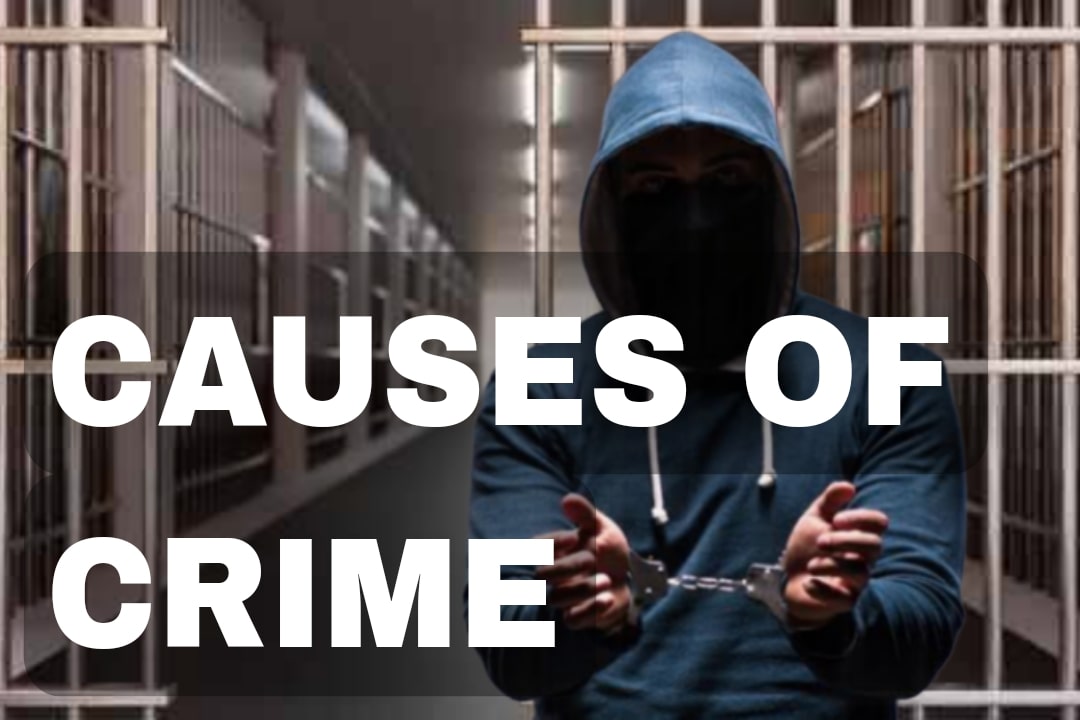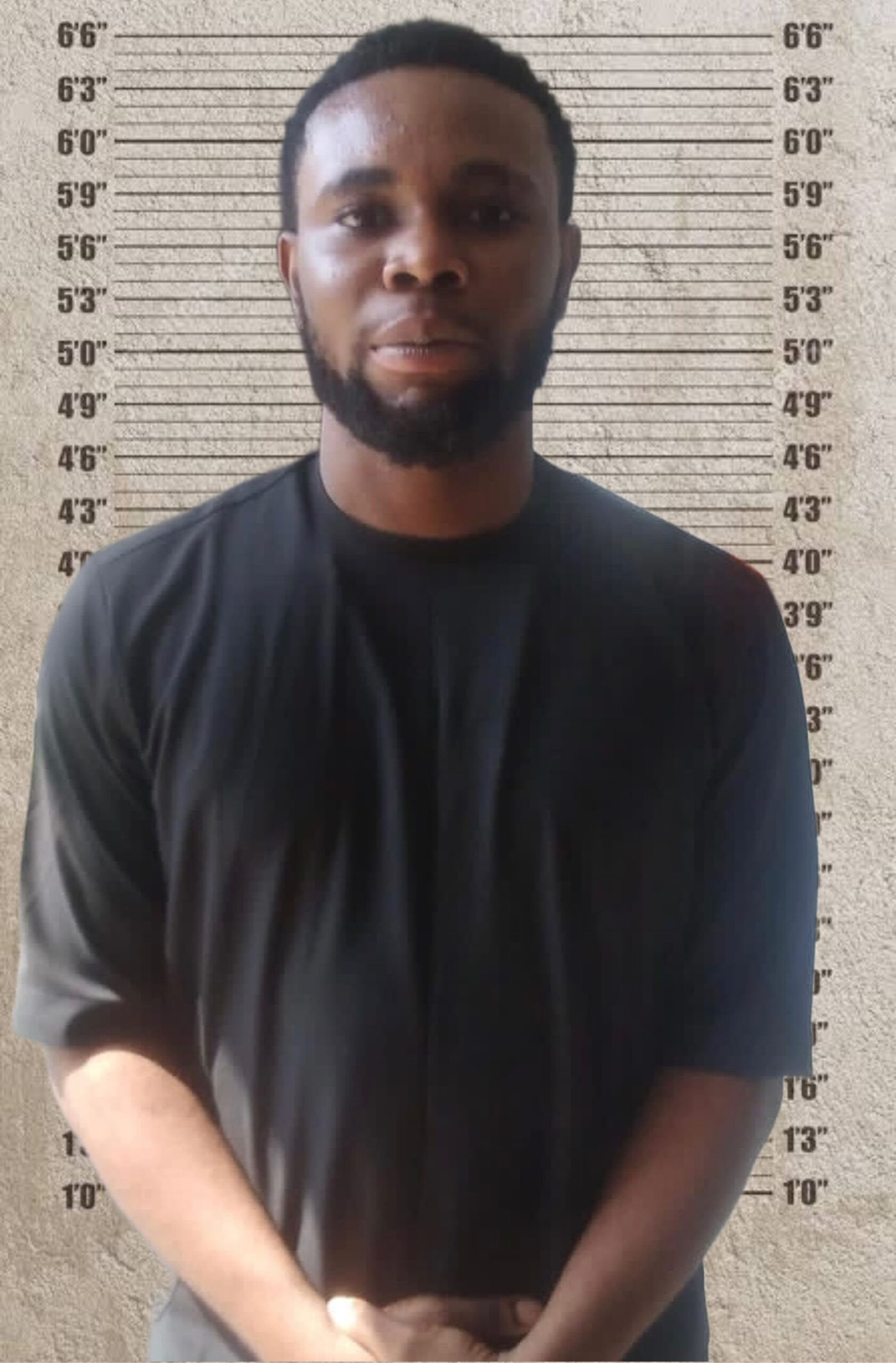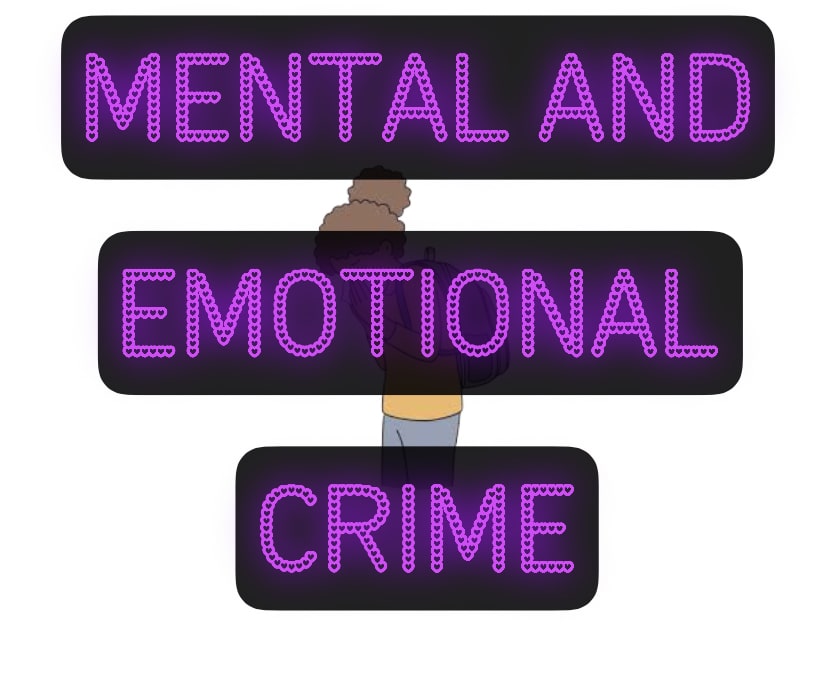Understanding Crime Through a Marxist Lens
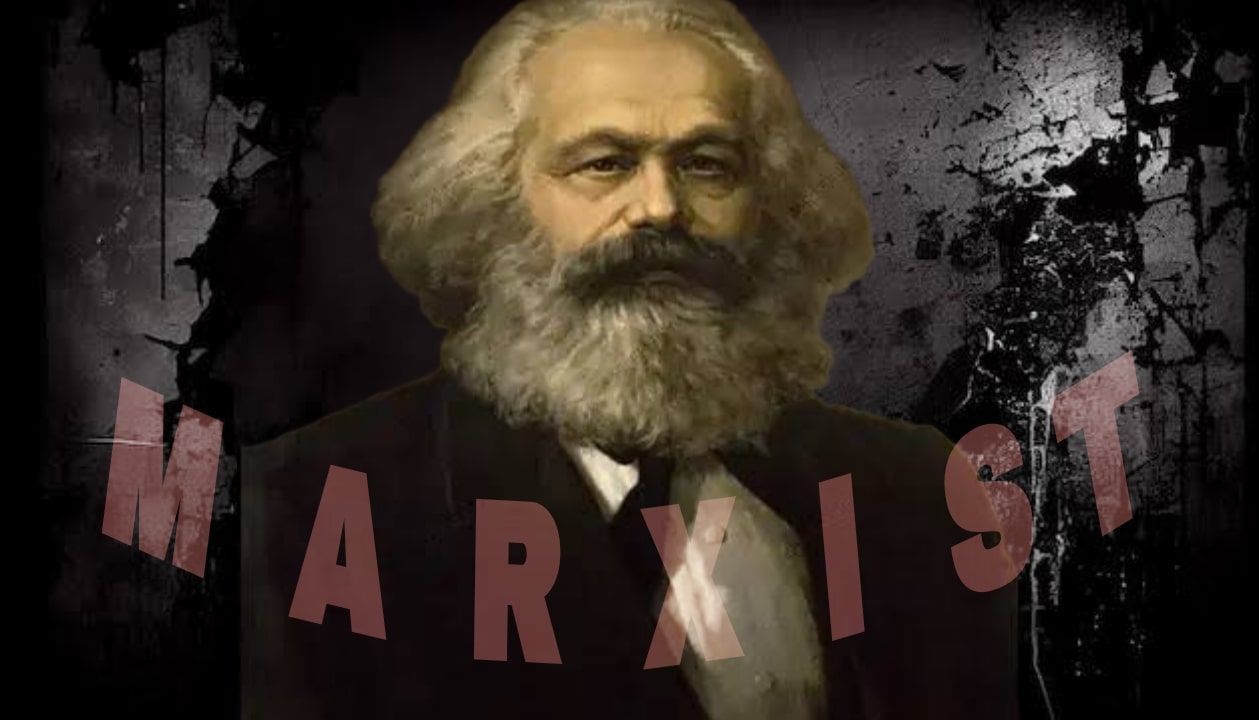
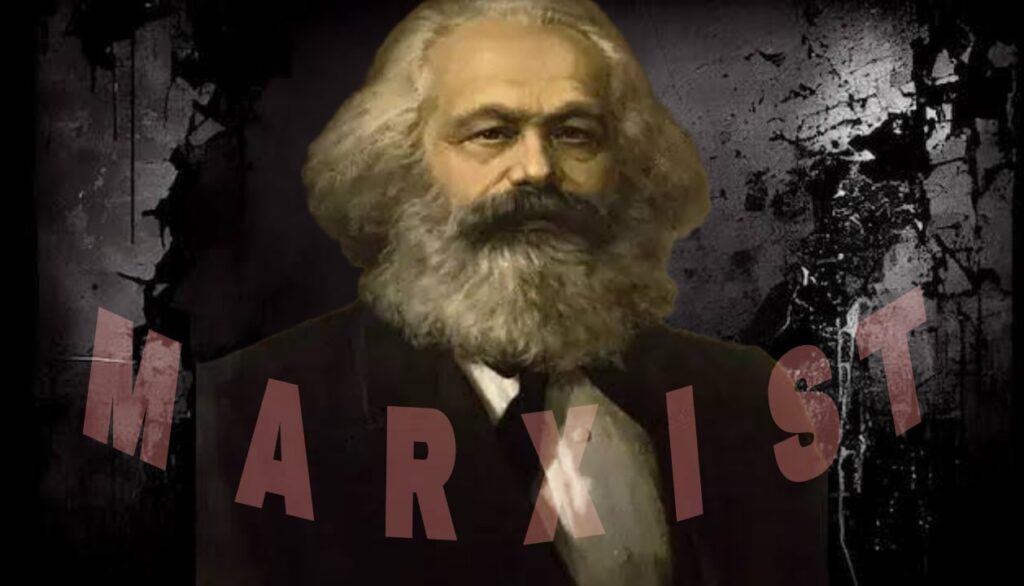
Introduction
Karl Marx, the influential figure behind Marxist ideology, perceived crime not as an isolated phenomenon but as deeply intertwined with the inequalities inherent in capitalist societies. Marx’s collaborator Friedrich Engels echoed this sentiment, asserting that societal demoralization under capitalism leads to a proliferation of crime and violence. This Marxist perspective on crime stems from the belief that the capitalist system breeds social decay and dehumanization, particularly among the working class. Many scholars in the field of criminology advanced the works of Marx to understand crime and criminal behavior. In this article, we will explore the Marxist perception of crime by various Marxist scholars.
Developing a Conflict-Based Theory of Crime
While Marx himself didn’t extensively explore crime, his ideas laid the groundwork for a conflict-based understanding of criminal behavior. Scholars like Willem Bonger expanded on Marx’s theories, Willem Bonger’s work in conflict-based theory highlights the societal origins of crime, focusing on how inequality and exploitation fuel criminal behavior. He argued that crime is a result of social conditions, not inherent biological traits, emphasizing how prevailing moral standards shaped by societal norms contribute to criminality, especially in capitalist societies. Bonger critiqued the biased norms that favor the ruling class, pushing marginalized groups to the fringes and perpetuating an unjust system. He highlighted the division between the privileged elite and the oppressed working class, noting how wealth accumulation at the top leads to the exploitation and marginalization of the lower classes, ultimately contributing to a breakdown in moral values and an increase in crime.
Willem Bonger Contribution
Bonger also criticized the criminal justice system for favoring the ruling class and perpetuating social inequalities by selectively enforcing laws. He believed that punitive measures to address crime are ineffective and called for systemic reforms to redistribute wealth and power to create a more just society. By tackling root causes like poverty and social exclusion, Bonger thought society could significantly reduce crime rates and promote solidarity and mutual respect. His work demonstrates the intricate connection between crime and social inequality, providing important insights for addressing criminal behavior in modern society.
Bonger criticized the capitalist system, which he believed perpetuates inequality and fosters egoism, making individuals more susceptible to criminal behavior. He maintained that official crimes predominantly stem from poverty, as the disadvantaged are driven to transgress societal norms in pursuit of survival or material gain. Bonger’s solution to reducing crime lay in transitioning to socialism, where wealth distribution aligns with communal needs, thus eliminating the socio-economic disparities that fuel criminality.
Ralf Dahrendorf Contribution
Ralf Dahrendorf went beyond traditional Marxist viewpoints in his contributions to conflict theory, offering a more detailed understanding of societal change and discord. While crime was not his main focus, his framework provided valuable insights into the underlying social tensions that lead to criminal behavior. Dahrendorf’s theory highlighted the constant instability in modern societies, with various interest groups continuously competing for power and influence due to their differing interests and goals. The concept of imperatively coordinated associations, where individuals are organized into groups with hierarchical power structures, plays a crucial role in his analysis. This dynamic of domination and subordination creates a breeding ground for social conflict as different groups aim to establish dominance within society.
Although Dahrendorf primarily focused on social change and conflict, his theory also offers valuable perspectives on the root causes of criminal activities. Crime, according to him, can be seen as a result of social discord stemming from the inequalities and tensions present in modern societies. Individuals who feel marginalized may resort to criminal behavior as a way to challenge the existing social order.
Dahrendorf’s emphasis on power in shaping social relations helps us understand how structural inequalities contribute to criminal patterns. In societies where power and resources are unevenly distributed, marginalized groups may turn to criminal acts in response to perceived injustices or lack of opportunities. This is particularly noticeable in cases where certain groups, such as racial minorities or those facing economic disadvantage, are systematically excluded from mainstream social and economic systems.
George Vold Contribution
George Vold revolutionized our understanding of the connection between conflict theory and criminal behavior. By highlighting the political foundations of crime and interpreting it as a reflection of inter-group tensions, Vold offered a sophisticated framework for examining the societal factors influencing criminal activity.
Central to Vold’s theory is the acknowledgment that crime is intricately linked to broader social and political contexts. He argued that criminal behaviors often stem from clashes between competing social factions, each contending for control and influence within society. These conflicts can manifest in various ways, such as economic struggles or battles over cultural and ideological supremacy.
Vold also underscored the significance of power dynamics in shaping criminal conduct. He noticed that criminal acts frequently arise from individuals or groups aiming to address grievances or advance their interests in the face of opposition. This can lead to diverse forms of criminality, from street violence to organized crime, all grounded in underlying disputes over resources, territory, or influence.
Vold’s emphasis on the political dimensions of crime highlights the intricate interplay between criminal behavior and larger societal structures. He contended that criminal actions are not isolated occurrences but are influenced by broader social forces like economic inequality, political marginalization, and cultural exclusion. By adopting this perspective, Vold challenged traditional criminological views that focus solely on individual pathology, instead exposing the social and systemic factors influencing criminal behaviors.
Vold’s theory sheds light on the intricate relationship between crime and social control. He argued that the criminal justice system is a reflection of social conflict, with laws and law enforcement practices often biased towards dominant social groups. This can lead to the stigmatization of specific behaviors or populations while legitimizing the use of state authority to suppress dissent and maintain existing power structures.
Conclusion
Marxist perspectives on crime offer a holistic understanding that transcends individual pathology, highlighting the systemic injustices and power imbalances inherent in capitalist societies. By addressing socio-economic disparities and promoting collective well-being, Marxist principles suggest avenues for reducing crime and fostering a more equitable society.
